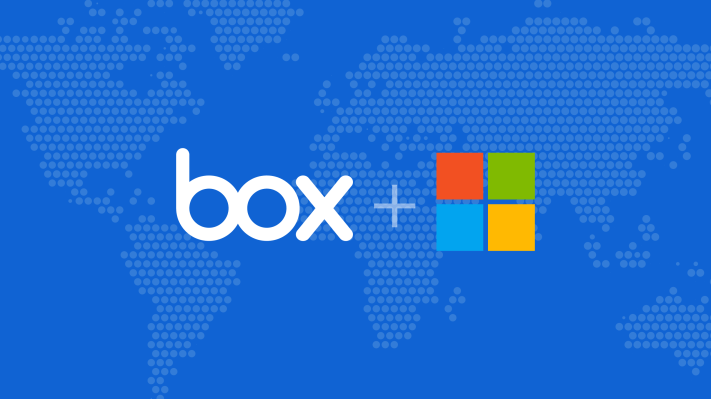When I spoke to Box CEO Aaron Levie last year at the Boxworks customer conference, I had to ask the obligatory machine learning question. Surely Box was of sufficient size with enough data running through its systems to take advantage of machine learning. All he would say was they were thinking about it.
Today, the company announced a deepening relationship with Microsoft in which Box will take advantage of Redmond’s pure go-to-market clout, its data centers (via Box Zones) and, yes, its AI and machine learning algorithms.
And with that we could start to see Box turning its attention to the next content management transformation. Using machine learning, the company can not only automate metadata creation, a task humans are notoriously bad at, it could then take advantage of that metadata to add intelligence across the entire platform.
What does Microsoft get out of this deal? Well, it gets a significant cloud partner in Box and a partnership that works for both companies in spite of the fact that they continue to compete with one another on several levels. “For us it’s a great partnership, recognizing Azure leadership and bringing solutions customers are asking for,” Julia White, corporate vice president at Microsoft said.
That last point is key. In fact, it’s something that customers are demanding, says Box SVP of Platform and Chief Strategy Officer, Jeetu Patel. “You start with the customer and work backwards,” he says. “They want to use Box and they want to work in Azure.”
When Box decided to go after the enterprise in 2009, it had a seismic impact on the content management market, dragging the entire industry into the cloud era. The cloud has reached a level of maturity by now, and the next great transformative technology is sweeping over us in the form of AI and machine learning — and Box clearly understands this, according to Patel.
“In the next five years, the way people engage and interact with content will be completely different than the last 25 years with new ways to engage and extract meaning [from content], and we have a pretty shared commitment [with Microsoft] in how that will change,” Patel told TechCrunch.
That said, it’s unlikely the company will rely solely on Microsoft’s algorithms, says Patel. “Being able to use Azure machine learning is a pretty big incentive [for this partnership] based on the investment [Microsoft has made] there, but we will keep our options open. We want to be the most open cloud content management platform in the world. We will go wherever the innovation goes,” he added.
For now, that is taking advantage of Microsoft’s technology, and while today’s partnership is significant for both companies, it is a relationship that could only be born in the cloud where interoperability is an imperative.
As CEO, Aaron Levie wrote in a blog post announcing the partnership, “The days of closed IT architectures and data lock-in are over…” This deal is proof of that.
